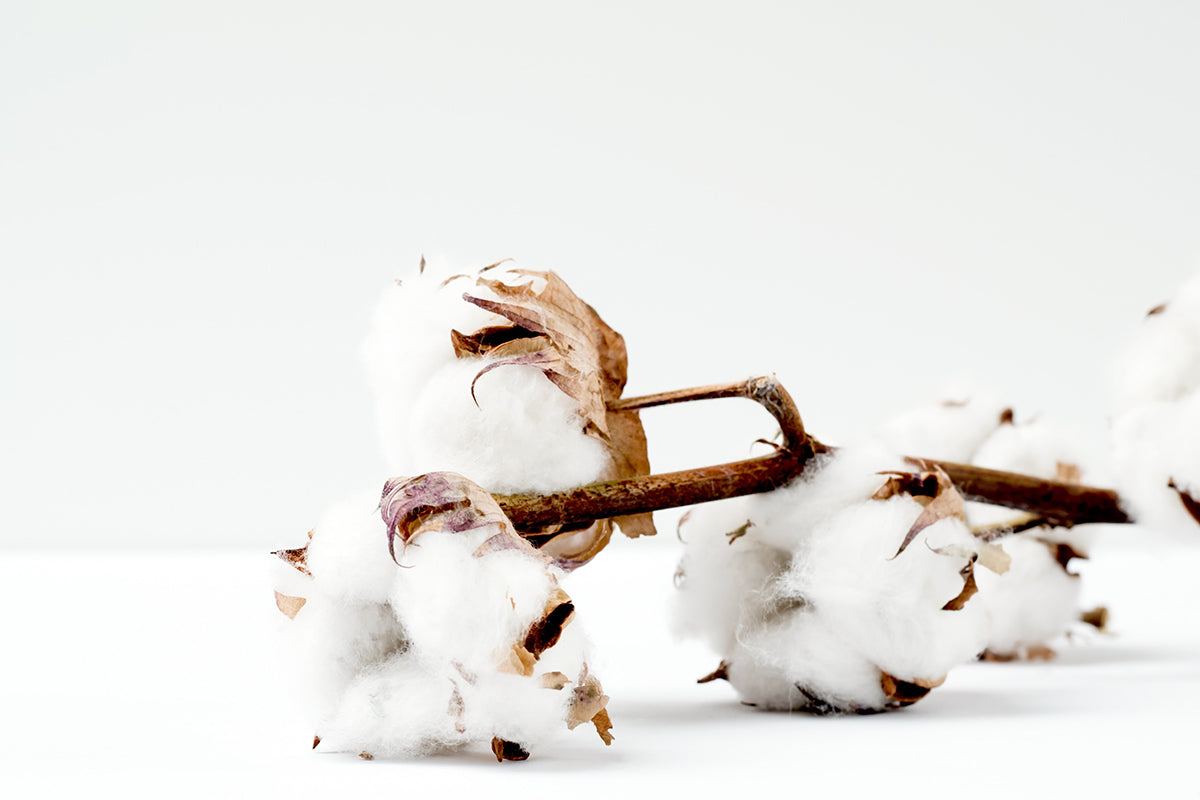Article: How to dress a baby in winter

How to dress a baby in winter
Winter is here! which means winter clothes for your baby become a necessity. Newborns, infants, and toddlers do not handle their body temperature as well as adults. Babies can lose heat nearly 4 times faster than an adult.
This is even more important if your baby is sick or you have a premature newborn. Because even full-term and healthy newborns struggle to keep their bodies warm on their own in a cold environment.
In this article, you'll learn how to dress correctly a baby for winter's cold weather.
Outdoor winter clothes for babies
Unless it's way too cold outside, being outdoors helps infants acclimate to the winter season and the day-and-night cycle, and it often calms fussiness. However, Once the temperature gets below freezing (0 °C, 32 °F,) or if there are considerable wind currents, you shouldn't take your baby out.
The easiest way to tell if your baby is well-dressed for the current winter weather is by checking your comfort. "If you are comfortable with a jacket on top of your clothes, you should have your baby in thick socks, a jacket or snowsuit, and a blanket," according to Molly Broder, M.D., a pediatrician from the Children's Hospital at Montefiore Medical Center.
Two of our favorite layer-based sets to dress baby boys and girls to go outside in winter are the following:
Baby boy's onesie/footie + jacket + accessories
Winter Thing Footie
Onesies (footies) are a classic base layer for baby winter clothes. The best aspect about them is that they cover the baby to the feet with adorable prints.

Velour jacket
The second layer consists of an extra warmth jacket.

Cars Hat
We like a warm hat as an extra layer to keep your infant's head warm.

Cars and Trucks blanket
The final layer consists of a cozy blanket for these very cold days.

Baby girl's onesie/footie + jacket + accessories
Hearts footie
Lydababy's baby onesies are made of Pima cotton, the earth`s softest cotton.

velour jacket
Jackets are a baby's must-have for the winter season.

SWEET ROSES BLANKET
There is nothing better to keep your baby warm than a stylish blanket.

The way you dress your baby is not the only important factor to pay attention to in winter. As a parent, you should consider the following suggestions.
Think twice before covering your baby's stroller
During the cold season, you might want to throw a blanket over your baby's stroller or cover it with one of those plastic covers. However, pediatricians warn that these actions may interfere with the airflow of your baby's stroller. You should only use covers from brands that ensure good air circulation.
Otherwise, keep the baby's winter clothes on and then tuck him on a wearable blanket to the infant's chest level before putting him in the stroller.
In case of winter roadtrips
The car's temperature depends on multiple factors. When you enter the car you can use a blanket or coat to warm your baby in the car seat, and then remove it once the car warms up so the baby doesn't get overheated.
As an alternative, you can pre-warm the car before entering. And remember that the optimal car ambient temperature for a baby is between 68°F (20°C) and 72°F (22°C).
Pay attention to your baby's body signs
Learning how to recognize your baby's body signs is important for parents, especially when facing chilly days.
How to tell if your baby is too cold
If your baby starts shivering, or his extremities, hands, feet, and/or face are cold and red or have turned pale and hard, your baby is probably struggling with too much cold, also named called frosting.
If this happens, you shouldn't rub the cold area to rewarm it, as this could damage the cold skin. Instead, use warm washcloths to gently reheat the skin, then put on warm and dry clothes. If he doesn't improve in a few minutes, call your doctor.
Other signs that your infant has gotten too cold and needs medical attention are lethargy, non-responsiveness, and blue lips or face.
How to tell if your baby is overheating
Even with the cold weather, babies can overheat if they have too many warm clothes on top of them. Signs of baby overheating include flushed skin, sweating (not always), fussiness, elevated heart rate, dizziness, and/or vomiting.
If your baby overheats, you could move him to a cooler space, remove excess layers of clothing, give him a tepid or lukewarm bath, or place a cool washcloth on their skin and/or breastfeed or hydrate him with extra formula feeds.
It can be hard to tell if your baby is overheating or has a fever. When in doubt, call your pediatrician.
Indoor winter clothes for babies
We know it's cold outside, but your baby is probably not going to be exposed to the frigid outside weather all day (as he shouldn't!).
It is important to protect your baby from the cold when you're outdoors, but be sure to remove extra clothes, like a jacket or coat, when you are in your warm home environment since your baby has as much trouble cooling off his body as he does the other way.
So, unless the cold winter weather is also present in your household, you should focus on other ways to make your baby comfortable and healthy. Keep your indoor temperature anywhere between 68°F (20°C) and 72°F (22°C). However, for sleep time, the temperature should be lower, between 65°F (18°C) and 68°F (20°C) with loose bedding or a sleep sack according to the situation.
Now that you know how to keep your baby safe and comfortable in winter, you may want to check out Lydababy's clothing store for the best Pima Cotton baby winter clothes.

